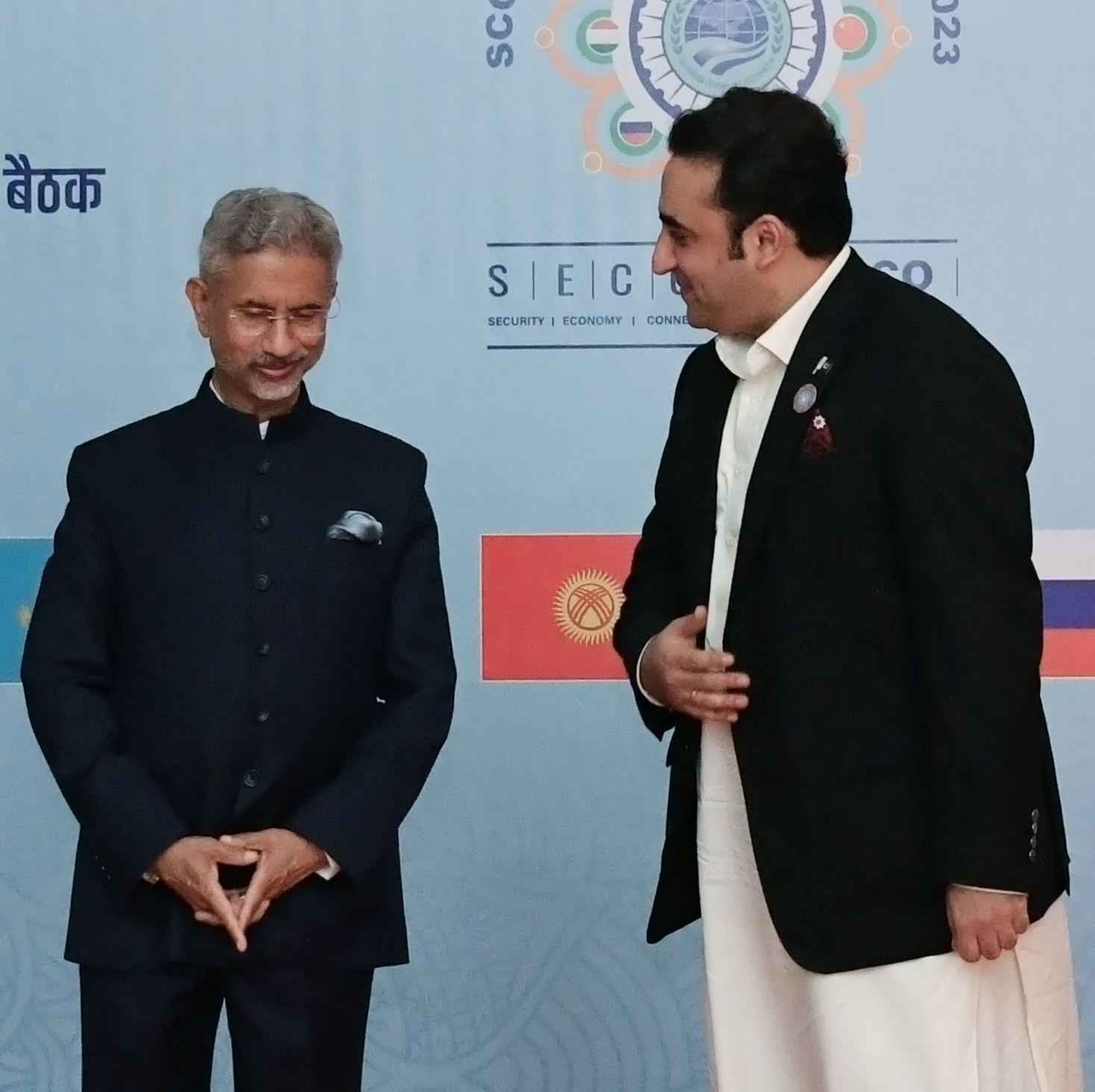Some countries downgrade their attendance to certain international meetings to convey their disagreement.
It is not only a common belief but also a harsh fact that there are no permanent friends or enemies when it comes to the relationship between nation states. What is permanent is “national interest”, which remains dynamic. This highlights the nature of quality diplomacy, which should easily allow for calibrating relationships in a desired manner. Despite this, certain emerging trends question the statesmanship of various countries. These trends are emerging globally, but their presence in Indian thought processes is particularly disturbing.
There is neither any loss of face nor a dilution of our stance on any particular issue if we remain courteous during our diplomatic interactions, even when there are serious and persistent differences of opinion on major issues. Some of the trends observed globally include:
- Absence from meetings/scheduled events: Despite being part of regional/international groupings/events, some countries decide to be absent from these events altogether. Such trends are visible even during sports meets. One reason for this is the inclusion of activities by the host nations that are seen as adversarial by others. Both sides should avoid such conduct to ensure the organisations can fulfil their mandate efficiently.
- Downgraded attendance: Some countries downgrade their attendance, either at the level of protocol or in the size of their delegation, to convey their disagreement without being seen as a complete “absentee”. This approach dilutes the charter to a reasonable extent.
- Virtual attendance: While virtual conferences expect virtual attendance, some countries opt for this mode even during physically attended events. This approach was adopted by Pakistan during the recently concluded SCO defence ministers’ meet organised by India, wherein Pakistan attended the event virtually rather than in person. If there are genuine domestic constraints in the participating country, this can be understood; otherwise, it also dilutes the purpose of these events.
- Selective avoidance of bilateral meets: Representatives of countries often conduct bilateral meetings to improve relationships or resolve issues. An emerging trend is to avoid certain bilateral meetings due to issues between countries. For instance, at the SCO foreign ministers’ meet in Goa, India did not hold a bilateral meeting with Pakistan’s foreign minister. This was linked to our stated stand of not engaging with Pakistan until it stops supporting terrorism, while Pakistan is pressing for the revocation of Article 370 from Jammu and Kashmir. It is important to continue such protocols even if no serious issues are discussed, and only pleasantries are exchanged, as this builds mutual respect and trust that can be leveraged to resolve serious issues later.
- Differing interaction protocols: It is crucial for the host nation to extend similar greeting norms to all participants. The Indian Defence Minister adopted a different protocol for the Chinese Defence Minister during their bilateral meeting at the SCO Defence Ministers’ meeting hosted by India. This occurred despite China’s transgressions at multiple locations on the LAC in Eastern Ladakh, and two major transgressions at Depsang and Demchok still unresolved. Even while insisting on our principled demand for China to revert to pre-April-May 2020 positions, there was room to extend better pleasantries, especially as India was the host.
- Raising bilateral issues not included in the charter: Frequently, some countries undermine the purpose of the charter of certain organisations by raising issues not part of the charter. This is happening again with the SCO, where China and Pakistan are attempting to hinder the organisation’s progress due to their relationship with India. It would be more appropriate if all members confined their discussions to matters within the charter of the concerned organisation.
- Inappropriate use of press/media: Some countries use these occasions to voice their views on subjects unconnected to the charter of the organisations for which they have gathered. They may even air views related to their differences with the host country. This happened when Pakistani foreign minister Bilawal Bhutto spoke about J&K and other controversial issues despite those issues not being included in the SCO charter.
- Targeting the domestic audience during regional/international meets: It’s a common trend that countries aim to impress their domestic audience, even if it nullifies or marginalises the charter of the organisations for which they have met. This is prevalent in democratic countries as well as those with other forms of governance. It’s a mistaken belief that we must compromise on our niceties, even if we are hosting an event.
These and many other manifestations of this emerging trend are evident. Examples have predominantly been taken from India, China, and Pakistan as recent SCO-related events encompass various nuances. The SCO Summit is scheduled for the first week of July 2023 and is being hosted by India, the current Chairman. It is hoped that India will rise to the occasion, displaying value-based host nation conduct in the true spirit of Vasudhaiva Kutumbakam. This will reflect its courage and soft power and could lead to the resolution of issues rather than widening differences between nations. This would transcend Indian diplomacy to a different level altogether.
Maj Gen Ashok Kumar (Retd) is a former officer of the Indian Army.

